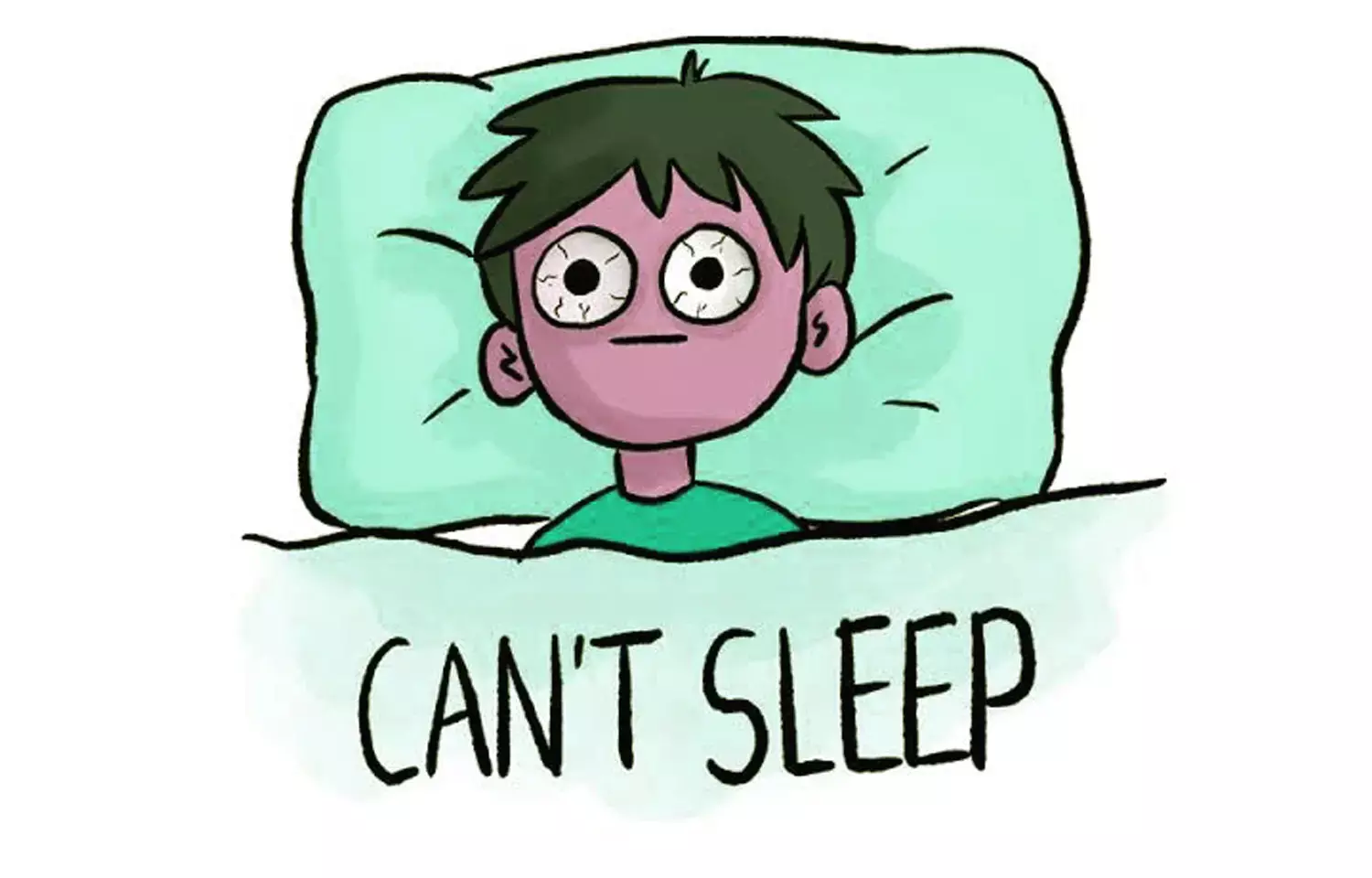- Home
- Medical news & Guidelines
- Anesthesiology
- Cardiology and CTVS
- Critical Care
- Dentistry
- Dermatology
- Diabetes and Endocrinology
- ENT
- Gastroenterology
- Medicine
- Nephrology
- Neurology
- Obstretics-Gynaecology
- Oncology
- Ophthalmology
- Orthopaedics
- Pediatrics-Neonatology
- Psychiatry
- Pulmonology
- Radiology
- Surgery
- Urology
- Laboratory Medicine
- Diet
- Nursing
- Paramedical
- Physiotherapy
- Health news
- Fact Check
- Bone Health Fact Check
- Brain Health Fact Check
- Cancer Related Fact Check
- Child Care Fact Check
- Dental and oral health fact check
- Diabetes and metabolic health fact check
- Diet and Nutrition Fact Check
- Eye and ENT Care Fact Check
- Fitness fact check
- Gut health fact check
- Heart health fact check
- Kidney health fact check
- Medical education fact check
- Men's health fact check
- Respiratory fact check
- Skin and hair care fact check
- Vaccine and Immunization fact check
- Women's health fact check
- AYUSH
- State News
- Andaman and Nicobar Islands
- Andhra Pradesh
- Arunachal Pradesh
- Assam
- Bihar
- Chandigarh
- Chattisgarh
- Dadra and Nagar Haveli
- Daman and Diu
- Delhi
- Goa
- Gujarat
- Haryana
- Himachal Pradesh
- Jammu & Kashmir
- Jharkhand
- Karnataka
- Kerala
- Ladakh
- Lakshadweep
- Madhya Pradesh
- Maharashtra
- Manipur
- Meghalaya
- Mizoram
- Nagaland
- Odisha
- Puducherry
- Punjab
- Rajasthan
- Sikkim
- Tamil Nadu
- Telangana
- Tripura
- Uttar Pradesh
- Uttrakhand
- West Bengal
- Medical Education
- Industry
Insomnia linked to suicidal thoughts in schizophrenia,finds study

A recent research reort has confirmed that Insomnia is associated with suicidal ideation, recent suicide attempt, and greater psychopathology in schizophrenia. The findings put forth in Journal of Clinical Psychiatry, provide additional evidence that formal assessment of insomnia is relevant to the clinical care of patients with schizophrenia as an indicator of suicidal ideation and behavior, as well as symptom severity.
Insomnia occurs frequently in the clinical course of schizophrenia. There is a robust association between insomnia and suicide in other psychiatric disorders. Several previous studies found associations between insomnia and suicidal ideation, suicide attempt, and psychopathology in schizophrenia. Solid evidence has shown that insomnia is a risk factor for the development of mental illness, with the strongest risk ratios for depressive illness . The causal mechanism of this association is not clear. For example, it is unknown whether insomnia is an independent phenomenon that if interrupted could forestall the emergence of a mental disorder, or whether insomnia is simply the leading edge of an illness that is already on the way.
With such background, a research team explored these associations in a cross-sectional study of a large sample of patients with schizophrenia.
Regarding the study design, in February 2020, the team of researchers investigated relationships between current insomnia, suicidal ideation over the past 2 weeks, suicide attempt in the past 6 months (assessed by either the Calgary Depression Scale for Schizophrenia or self-report), and current psychopathology for subjects with baseline data from the Clinical Antipsychotic Trials of Intervention Effectiveness (DSM-IV schizophrenia trial conducted 2001–2004) using regression models.
Data analysis revealed the following facts.
- After controlling for multiple potential confounding factors, terminal insomnia was associated with significant, 2.7-fold increased odds of current suicidal ideation (OR = 2.7, 95% CI = 2.0–3.6, P < .001).
- Initial/middle insomnia was associated with a significant, 5.5-fold increased odds of suicide attempt in the past 6 months (OR = 5.5, 95% CI = 1.4–21.1, P = .013).
- Terminal insomnia was also a significant indicator of higher Positive and Negative Syndrome Scale total (β = 0.12, P < .001), positive subscale (β = 0.11, P < .001), and general psychopathology subscale (β = 0.14, P < .001) scores.
- There were no other significant associations between insomnia, suicidal thinking or behavior, and psychopathology.
For the full article follow the link: https://doi.org/10.4088/JCP.20m13338
Primary source: Journal of Clinical Psychiatry
Dr Satabdi Saha (BDS, MDS) is a practicing pediatric dentist with a keen interest in new medical researches and updates. She has completed her BDS from North Bengal Dental College ,Darjeeling. Then she went on to secure an ALL INDIA NEET PG rank and completed her MDS from the first dental college in the country – Dr R. Ahmed Dental College and Hospital. She is currently attached to The Marwari Relief Society Hospital as a consultant along with private practice of 2 years. She has published scientific papers in national and international journals. Her strong passion of sharing knowledge with the medical fraternity has motivated her to be a part of Medical Dialogues.
Dr Kamal Kant Kohli-MBBS, DTCD- a chest specialist with more than 30 years of practice and a flair for writing clinical articles, Dr Kamal Kant Kohli joined Medical Dialogues as a Chief Editor of Medical News. Besides writing articles, as an editor, he proofreads and verifies all the medical content published on Medical Dialogues including those coming from journals, studies,medical conferences,guidelines etc. Email: drkohli@medicaldialogues.in. Contact no. 011-43720751


